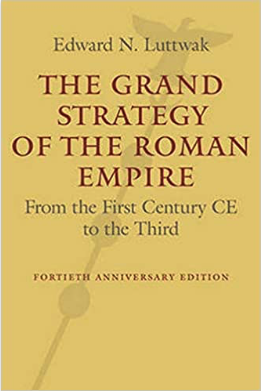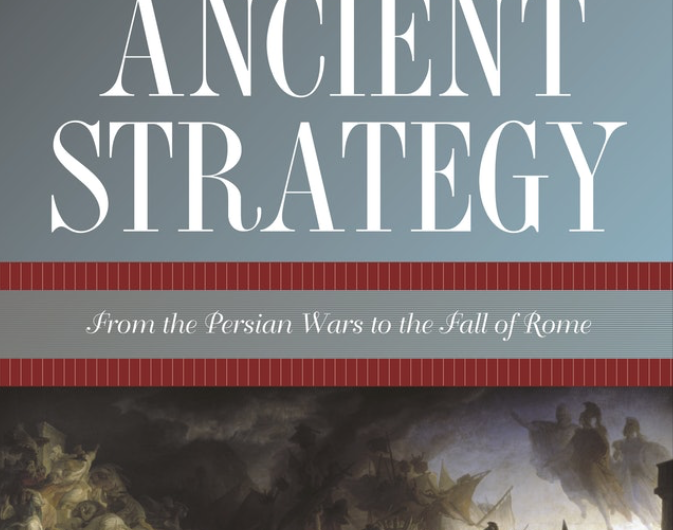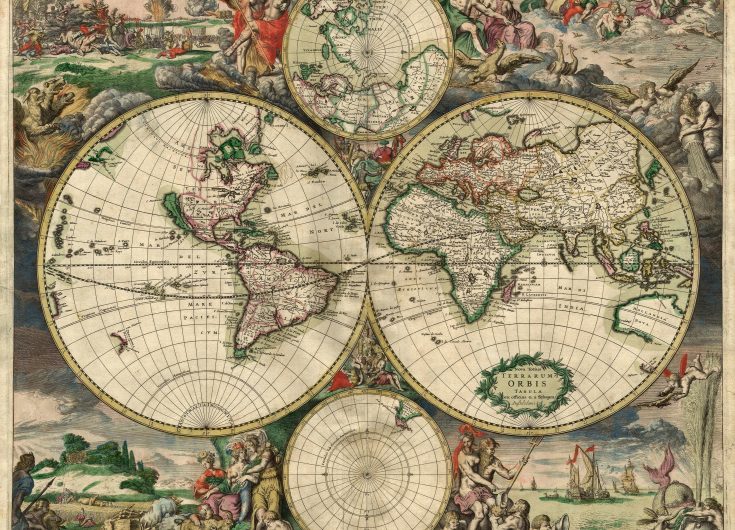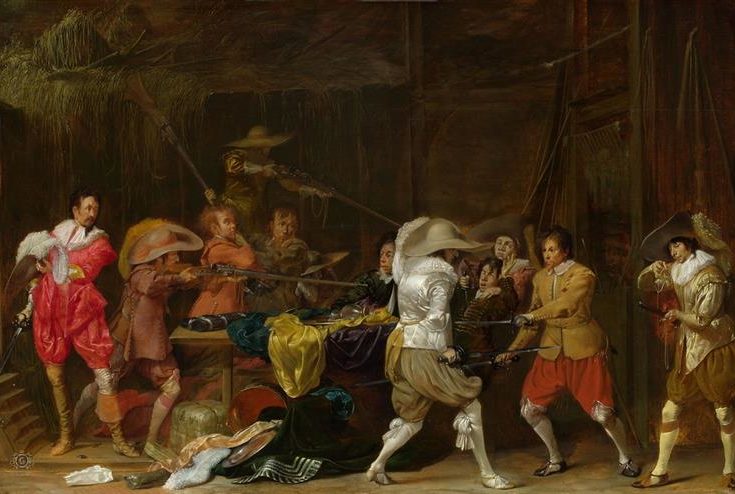

The Grand Strategy of the Roman Empire from the First Century A.D. to the Third by Edward N. Luttwak
The Romans understood that, when possible, it was best to conserve force and use military power indirectly as the instrument of political warfare. Together with money and manipulative diplomacy, the Romans deployed forces visibly ready to fight but held back from battle to foster disunity among those who might jointly threaten the empire, to deter those who would otherwise attack, and to control lands and peoples by intimidation – ideally to the point where sufficient security or even an effective domination could be achieved without any use of force at all. The Romans learned that most desirable use of military power was not military at all, but political. They conquered the entire Hellenistic world with few battles and much coercive diplomacy. The Romans understood all the subtleties of deterrence, and its limitations.







